We recently received a call from client of another M&A firm with more of a nationwide presence. The caller, James, informed us he went to one of this firm’s seminars and was pressured into signing as a client with a $40,000 upfront M&A engagement fee. James explained that although they wrote a beautiful memorandum, ultimately they didn’t bring ANY acquirers to the table and weren’t timely about communication. He expressed his strong dissatisfaction and his personal frustration for not doing some basic Internet research before signing up at the seminar. James had been a client of this firm for about a year, but upon learning M&A activity had increased he was now searching for a new firm.
Companies like this give M&A firms a bad name. They act as “engagement fee mills” making most of their money on a multitude of upfront engagement fees yet successfully close only a small percentage of the deals taken. However, just because a firm charges an engagement fee does not mean they are a fee mill. For a sell-side engagement, most reputable M&A advisors, including Orion, will charge some sort of upfront M&A engagement fee that is credited back to the client upon a successful closing.
Unfortunately, many middle-market business owners feel that M&A advisors should only be paid a percentage of the deal, similar to a real estate agent. There are advisors with similar business models known as business brokers, who typically focus on businesses less than $1-2 million (regardless of claims they may make that they can successfully close larger deals). Most business brokers rely on client volume, post businesses on the internet, and cross their fingers that a worthy acquirer will come across their listings. They also usually target wealthy individuals to buy the company instead of larger companies and private equity groups.
However, for bona fide M&A advisors, the primary purpose of an M&A engagement fee is to serve as a basic commitment to such advisors. A good M&A firm will put a significant amount of effort into your deal by performing financial analysis, developing compelling marketing materials, developing a viable prospect list and contacting each potential acquirer individually, usually via several mediums. In order to devote such substantial effort (as opposed to merely passively posting your business on the internet), we need to know that you are committing to our process and not testing the waters. Your commitment also means that you will be incentivized to tell us everything about your company, good and bad, so we can address issues upfront instead of doing damage control when we discover negatives during due diligence. Additionally, M&A firms have significant internal and external costs they incur to undertake the aforementioned tasks, which an engagement fee helps to offset.
So what can you do to avoid using an “engagement fee mill”? First of all, do research. This can be a simple Google search. If Google’s suggestions include “complaints” or “scams”, you will want to read these findings and strongly consider avoiding that firm. Second, see if the firm would consider accepting the engagement fee over a few months instead of upfront. This will provide you the opportunity to “test-drive” the firm before giving them the full fee. If they object, determine if their reasoning makes sense. A good reason does not include that a majority of their work occurs in the first month. Finally, make sure to ask if your deal will be transacted through a FINRA broker-dealer. Many firms that don’t use a FINRA broker-dealer will try to wrongfully convince you it is unnecessary for a private transaction. If your deal isn’t handled through a broker-dealer, the M&A firm is breaking the law, and you may be left dealing with the consequences of such unlawful behavior, which could include having to unwind the deal and return the money you received to the buyer.
If you have questions about M&A firm practices or the regulations that Orion or any other M&A firm must adhere to, please don’t hesitate to ask.
